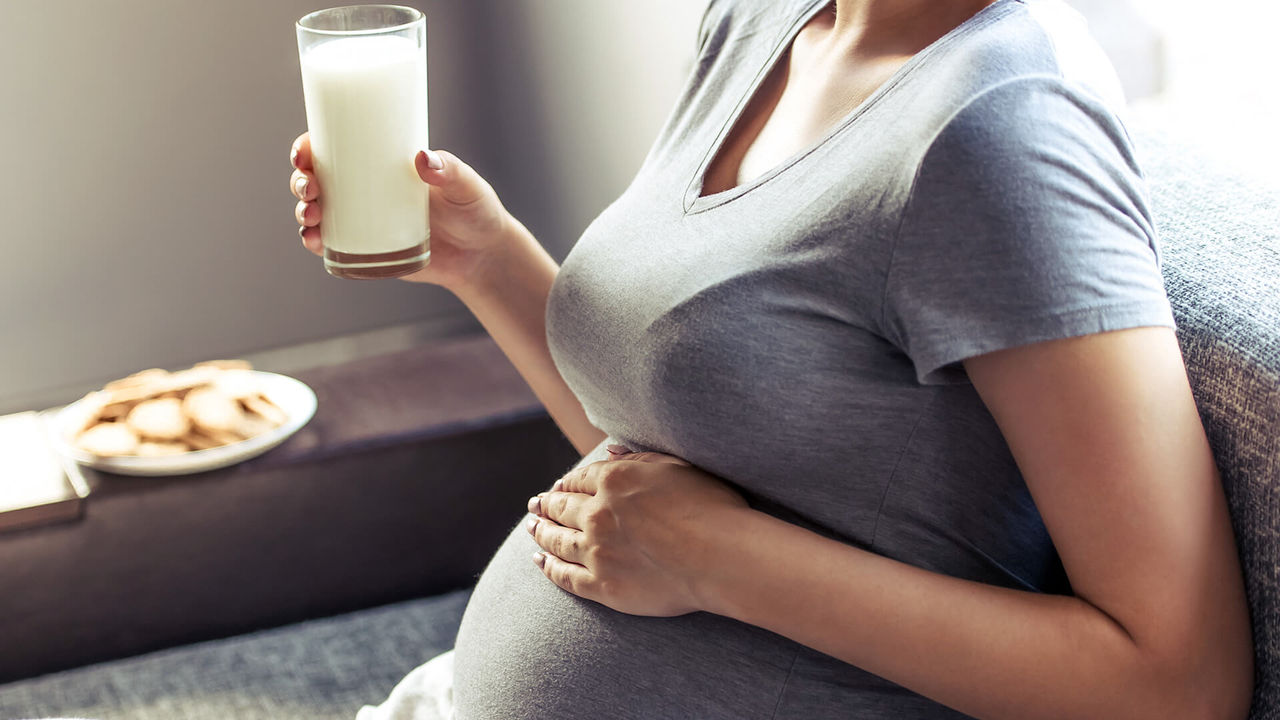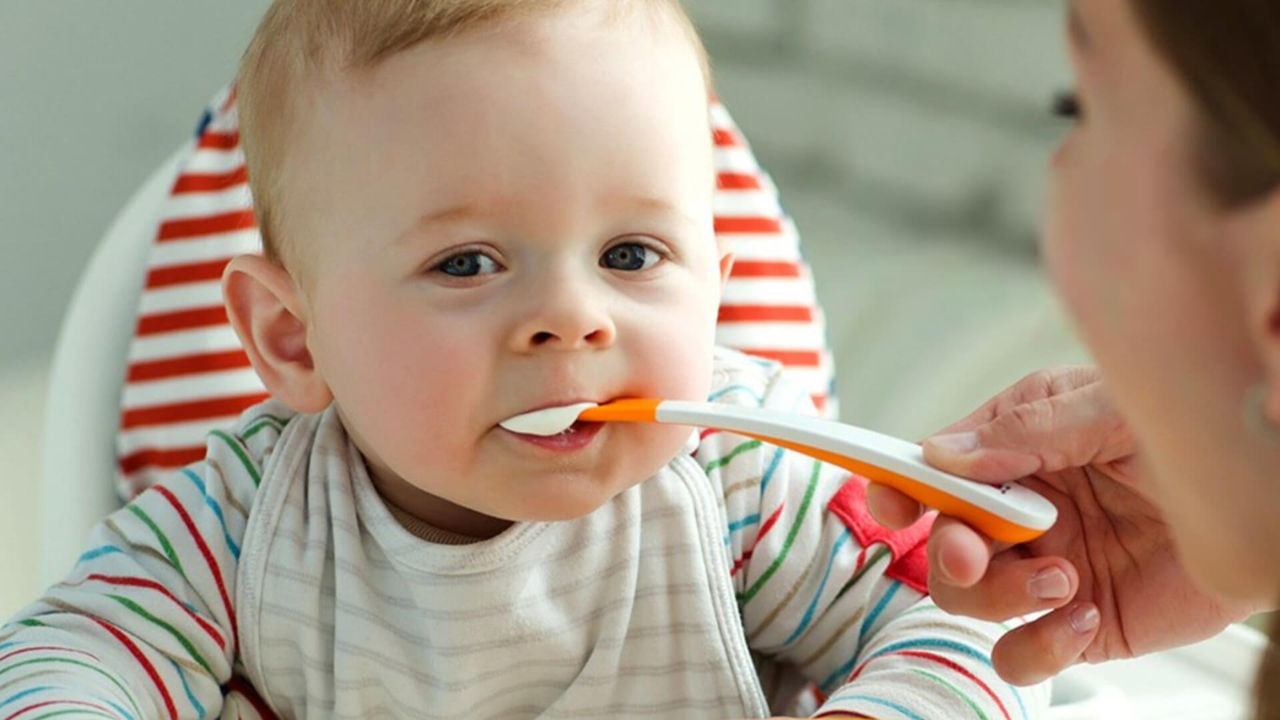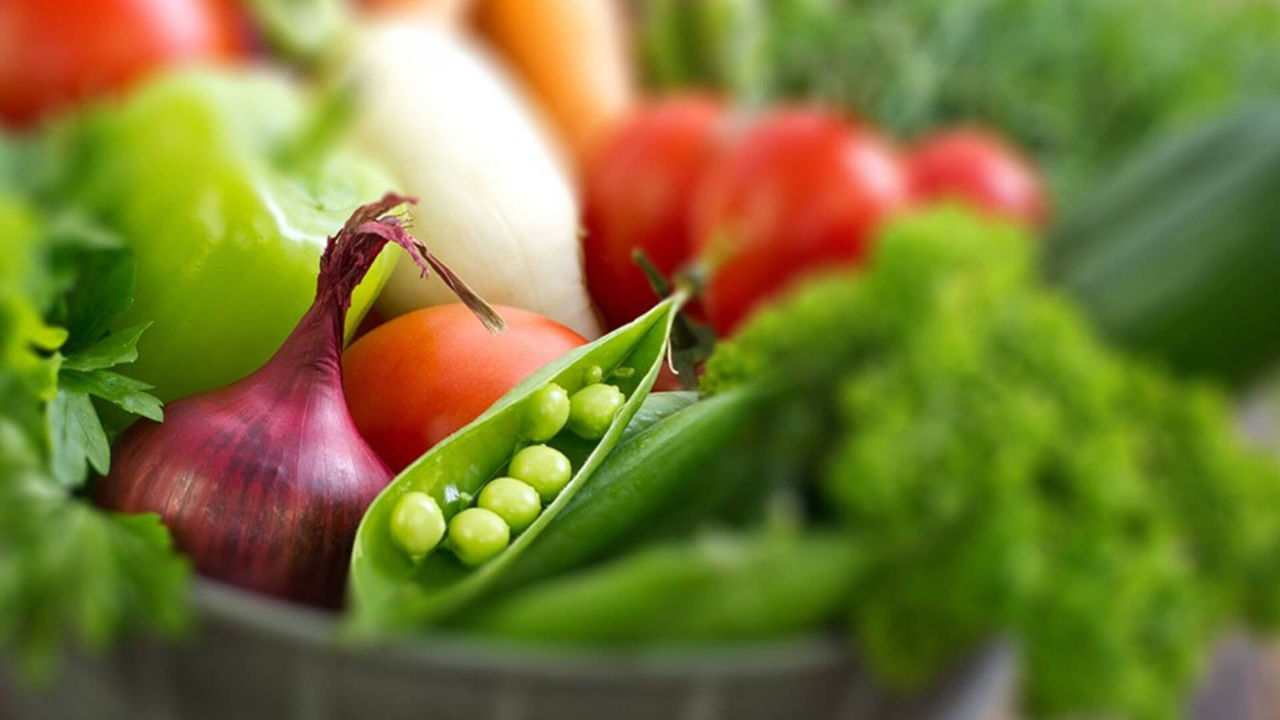- Certain foods can make pregnancy unpleasant and increase the risk of food poisoning
- Being aware of the foods to avoid while pregnant is as important as the right diet
- Food poisoning can make your baby very unwell, increasing the risks of premature delivery, stillbirth, miscarriages and infections
Foods to avoid during pregnancy

Key points
Knowing what foods to avoid when pregnant is just as important as eating the right balance of foods. Certain foods carry an increased risk of food poisoning, while others contain toxins that are best avoided during pregnancy. Learn which foods to cut out or limit to reduce the risks to your developing baby.
Why certain foods are off the menu in pregnancy
During pregnancy you’re advised to avoid certain foods which could be associated with an increased risk of food poisoning. As well as being unpleasant for you, food poisoning can also make your baby very unwell and may increase the risk of premature delivery, stillbirth, miscarriages and infections.For this reason, it is important to pay close attention to your diet when you’re pregnant, taking extra care over food preparation and avoiding foods associated with the risk of listeriosis – a type of food poisoning.Listeriosis is caused by a bacterium which occurs naturally in the environment. It can be found on products like meats, eggs and dairy products, as well as in processed foods like soft cheese and leftovers.Good food safety helps to prevent listeria, however some foods need to be avoided all together.
High risk foods, best avoided
Below are examples of some high risk foods, best avoided while you are pregnant:
- Unpasteurised yoghurt, milk and cheese
- Soft and semi soft pasteurised cheese e.g. camembert and brie
- Raw eggs
- Undercooked meats
- Processed meats, unless piping hot above 70 degrees celsius
- Pre-made cakes or pastries with cream
- Cold cooked poultry
- Raw fish and shellfish
- Smoked fish
- Store bought sushi
- Unwashed fruit and vegetables
- Ready-made salads from supermarkets or delis
- Hummus and tahini
- Leftovers, unless eaten within 2 days and heated through to 70 degrees celsius
How much fish can you eat?
In excessive amounts, mercury can build up in the blood of the mother and be harmful to an unborn baby. Mercury is present in some types of fish. It is recommended for pregnant women to follow the below guidelines during pregnancy to minimise mercury consumption while still trying to include Omega-3-containing fish in the diet. You should select one of the following options for including fish in your pregnancy diet.
| FISH TYPE | SERVINGS |
| Salmon, tuna, mackerel | 2-3 servings (150g each) per week |
| Billfish (swordfish, broadbill and marlin) and shark (flake) | One serve (150g) per fortnight with no other fish eaten in that fortnight |
| Orange roughy (deep sea perch) or catfish | One serve (150g) per week with no other fish eaten that week |
Are nuts safe to eat when pregnant?
After a review of scientific studies, there is no clear evidence to suggest a link between a mother eating peanuts and her child developing a peanut allergy. Unless you have a peanut allergy or a health professional specifically advises you against them, peanuts and foods containing them are now considered safe to eat in pregnancy and while breastfeeding.
Say “no” to alcohol
Any alcohol you drink reaches your baby through the placenta. While it is recognised that excessive alcohol intake during pregnancy can seriously affect your baby’s development, there is no evidence to suggest how much is safe. That is why it is important to avoid alcohol altogether during pregnancy.
Limit your caffeine intake
There is evidence that caffeine can affect your baby’s growth during pregnancy. Limit your consumption of caffeine in pregnancy to no more than 200mg per day. Caffeine can be found in foods and drinks such as coffee, tea, chocolate and energy drinks. Before consuming herbal teas, discuss with your health care professional.
How much caffeine is in there?
| FOOD | CAFFEINE PRESENT |
| Espresso | 145mg/50mL cup |
| Black tea | 50mg/220mL cup |
| Instant coffee (1 tsp per cup) | 80mg/250mL cup |
For more information on foods you should be eating during pregnancy, read our article Fruit and vegetables in your pregnancy diet.
Related pages

Get in touch with our Careline experts
When your little one is unhappy or unwell you want reliable support from a trusted source. Our Careline team of nutritionists, dietitians and midwives specialise in infant and child health, offering free nutrition, feeding and product information.
Every feeding journey is unique
Not every parent can produce breast milk. No matter what choice you make, we will support your unique feeding journey.
We at Nutricia believe in providing the best nutrition for babies, which is why we recognise breast milk is uniquely superior for babies as it provides many benefits. It is important that mums have a healthy diet to support breastfeeding. A decision not to breastfeed, or partial bottle feed, may reduce breast milk supply making it difficult to reverse. The cost and social implications of using feeding methods should be considered. Always seek professional advice about feeding your baby. Ensure formula is used as directed as improper use can affect baby’s health.
REMEMBER: The information on this page is general only. If you have any concerns about your baby’s poo or questions about constipation or any other health concerns, please speak to a healthcare professional, like a Pharmacist, GP or Maternal Child Health Nurse.



